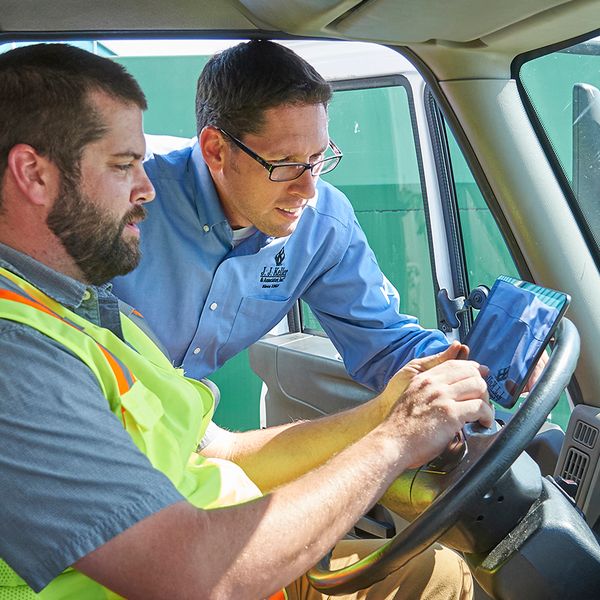Navigating IFTA and IRP compliance in a shifting transport landscape
While the reasons have changed over the past few years, mergers and acquisitions continue to perpetuate the churn in the transport industry. With all these changes, it's easy to end up with multiple accounts under the International Fuel Tax Agreement (IFTA) and International Registration Plan (IRP).
Applying a few best practices and robust company policies to these accounts can help ensure compliance when conducting regular business and when faced with an audit.
Minimize “multiple account” scenarios
Some carriers may have IFTA and IRP accounts in multiple jurisdictions. While not exactly prohibited, having multiple open accounts does increase your chances of being audited. Jurisdictions must audit at least three percent of their carriers annually under each program, so being a part of the audit pool in multiple jurisdictions increases your chances of being selected.
Beyond that, one of the major benefits of IFTA/IRP is that carriers only have to work with one jurisdiction (their base jurisdiction) to pay fuel tax and registration. Having IFTA/IRP accounts in multiple jurisdictions nullifies this benefit.
Carriers with multiple IFTA/IRP accounts should consider consolidating accounts, if possible, to help minimize audit risk. One account for IFTA and one for IRP can significantly streamline operations.
Create and implement effective policies
Whether or not you decide to consolidate accounts, getting everyone on the same program for recordkeeping will be critical to compliance.
Company recordkeeping policies should clearly define what is expected of all parties responsible for IFTA/IRP recordkeeping. Specifically, the policy should include the following at a minimum:
- An outline of driver responsibilities, including consequences for failing to follow the recordkeeping policy or circumventing distance and fuel tracking procedures;
- Copies of forms used for recordkeeping and, if applicable, instructions on using automatic recording devices, hub odometers, or global positioning systems (GPS) to track distance;
- Dispatcher recordkeeping responsibilities;
- Administrative data entry processes and timelines;
- Record -checking/reconciliation procedures;
- Filing and record retention expectations; and
- Record purging schedule(s).
| Routine reconciliation procedures help catch errors and identify inconsistencies in mileage and fuel expense data at an early stage. |
Drivers are key to compliance
Because drivers are out on the road and essential to accurate recordkeeping, it’s important to ensure they’re properly trained on their responsibilities. Training sessions that stress how the company uses records and the importance of accuracy can help ensure drivers capture the required information. During the training sessions:
- Show drivers examples of properly completed trip reports and poorly completed trip reports;
- Present drivers with laminated copies of properly completed trip reports — drivers can use these as an on-the-road reference as to how their trip report should look; and
- Instruct drivers on the use of an electronic logging device (ELD) or GPS to track distance, if applicable.
If drivers are expected to use an ELD or GPS unit to track distances, ensure that they know how to operate the system. Drivers should also be instructed on how to keep paper Individual Vehicle Mileage Records (IVMRs) in case the ELD or GPS unit fails.
Key to remember: Applying a few best practices and solid company policies to IFTA and IRP accounts can help ensure compliance during daily business activities as well as when faced with an audit.





















































